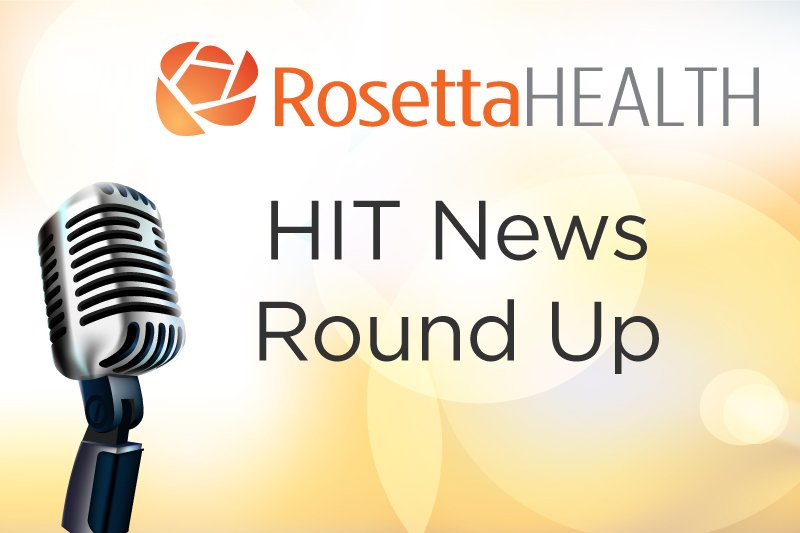HIT News Round Up: Health Data Interoperability Predictions for 2024; AHA Comments on Information Blocking Rule; and Addressing Algorithmic Bias in Healthcare AI Models
Welcome to the Health Information Technology Weekly News Round Up from RosettaHealth. Each week, we will provide you with a summary of all the actionable news that hospitals, HIT vendors, ACOs, and population health providers need to be smart and effective when it comes to HIT and health information exchange.
Health Data Interoperability Predictions for 2024
Buff Colchagoff, CEO of RosettaHealth, offered is annual interoperability predictions to Health IT Answers with a focus on the commoditization of health IT connectivity. Read the full predictions roundup here.
What 2024 Will Bring For Health Data Exchange
The Trusted Exchange Framework and Common Agreement is now live, but the challenge is FHIR in TEFCA, says Don Rucker, the former national coordinator for Health IT at HHS, in this HIMSS TV interview.
ONC Final Rule Updates Health IT Certification for Interoperability
An ONC final rule scheduled for publication will update the baseline version of the United States Core Data for Interoperability (USCDI) standard to Version 3 for the ONC Health IT Certification Program.
AHA Comments on Proposed Rule to Discourage Health Information Blocking
In a letter to CMS, AHA expressed concern that a proposed rule intended to create disincentives for healthcare providers to interfere with the access, exchange or use of electronic health information could threaten the financial viability of economically fragile hospitals.
Framework to Address Algorithmic Bias in Healthcare AI Models
A panel of experts convened by the AHRQ and the National Institute on Minority Health and Health Disparities (NIMHD) to address the issue of algorithmic bias in healthcare recently identified five key principles that stakeholders must prioritize across each stage of an algorithm’s life cycle.
Physicians Bear the Greatest Inpatient EHR Messaging Load
Inpatient EHR messaging patterns differ by role, with medicine providers sending and receiving 2.8 and 3.1 times the average daily messaging volume compared to other groups, according to a new study.
The Average Health System Uses 18 EHRs
The typical health system uses 18 different EHR vendors across affiliated providers, yet these systems often lack seamless communication capabilities, leading to challenges, according to the Lown Institute.
To learn more about how RosettaHealth can assist with any health information challenges you might have, book a free consultation with one of our interoperability experts.

